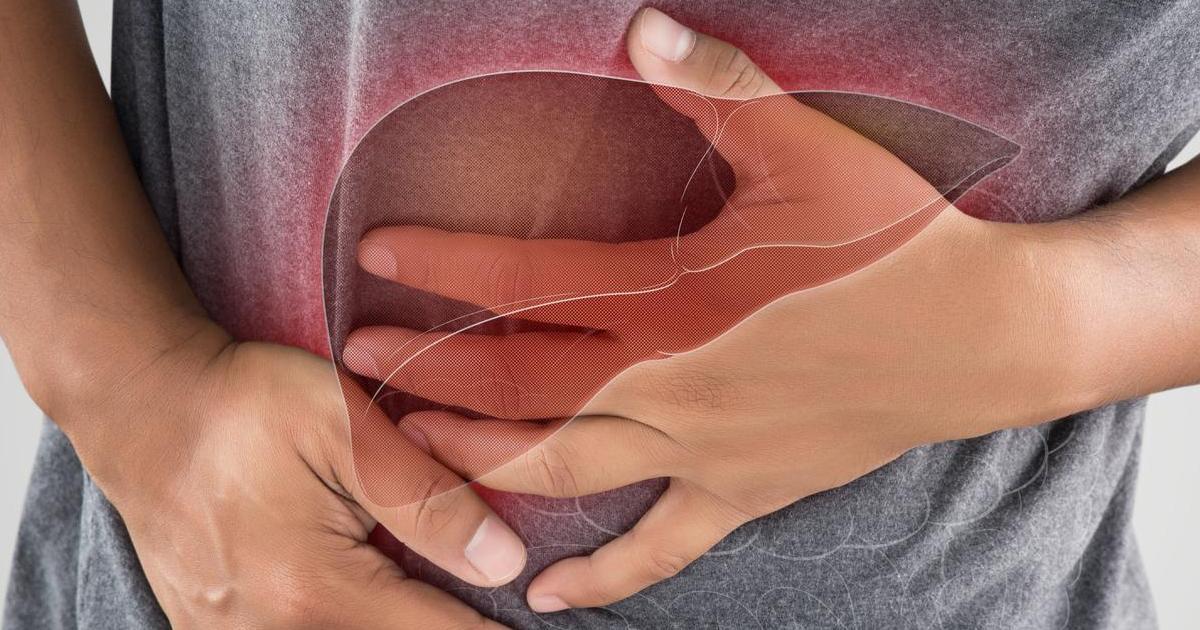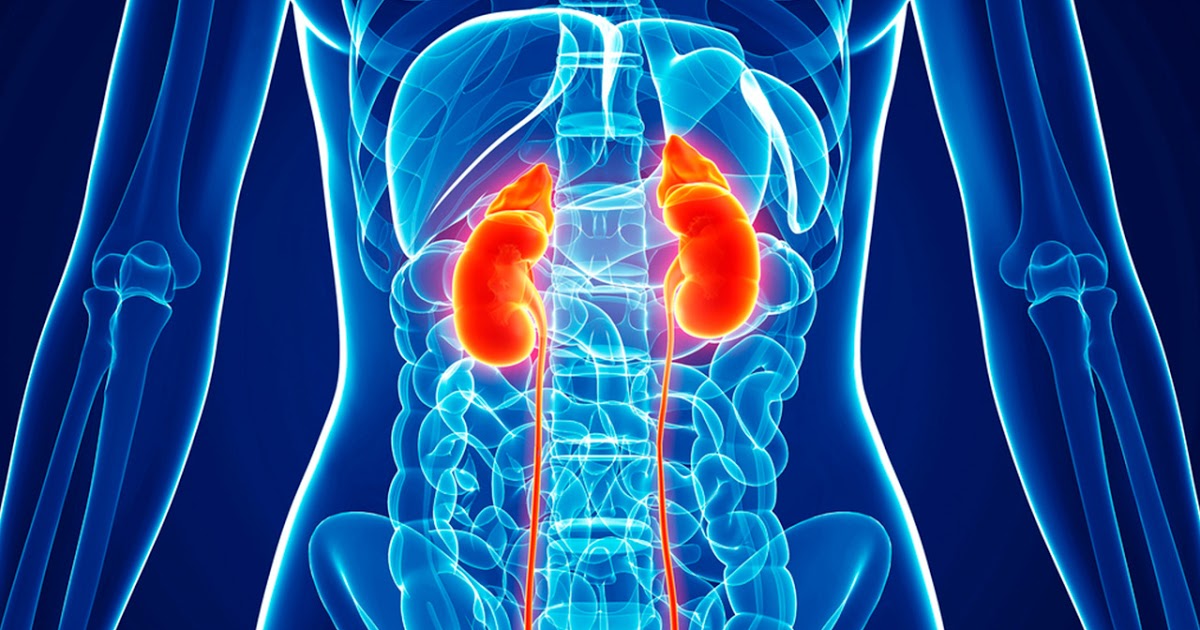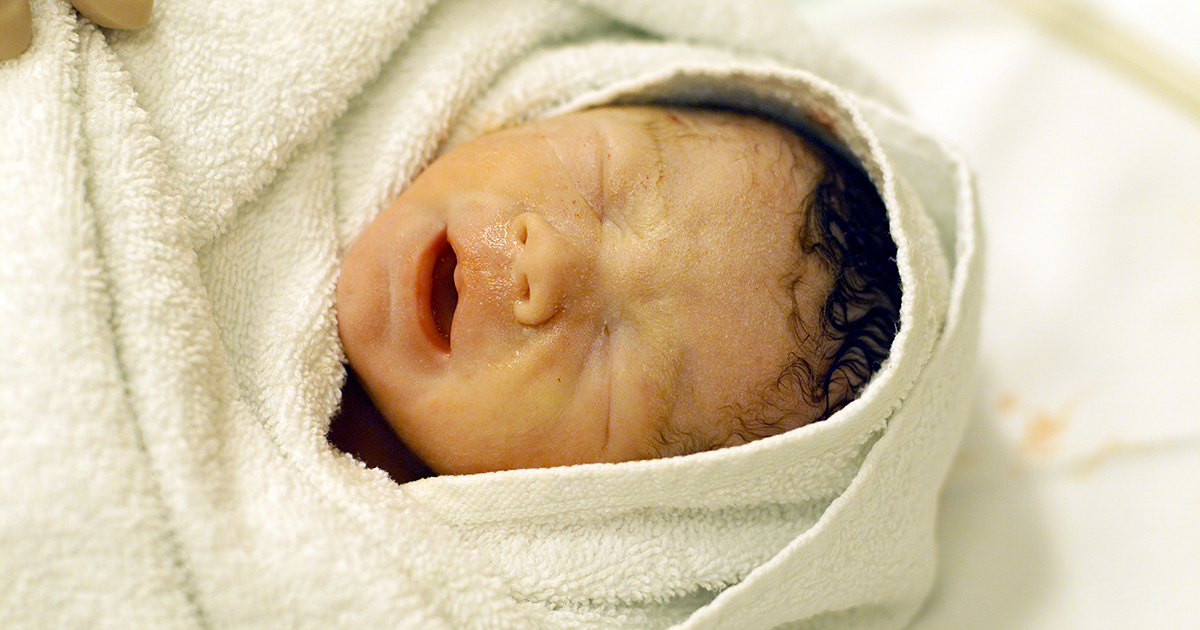Causes And Risk Factors Of Trimethylaminuria
Trimethylaminuria (TMAU) is a genetic metabolic disease that renders the body incapable of breaking down a smelly compound called trimethylamine (TMA). In normal individuals, the body converts TMA into trimethylamine oxide (TMAO) through a complex enzyme system in the liver. Trimethylamine has an odor similar to rotting fish. When the liver enzyme is functioning properly, TMA is broken down into TMAO, which is odorless. However, individuals with trimethylaminuria lack this critical enzyme. These unfortunate individuals emit a body odor that smells like decomposing fish, garbage and urine. Trimethylaminuria is caused by a mutation to the gene known as flavin-containing monooxygenase 3 (FMO3). Like most genetic diseases, trimethylaminuria is recessive. An individual won't have this disease unless they inherit the mutation from both parents. Get to know more about the causes and risk factors of trimethylaminuria now.
Excess Of Certain Proteins

Although diet can influence and worsen the odor associated with trimethylaminuria, it's only a partial contributor to the problem. This is because the noxious compound TMA is produced endogenously. This means certain bacteria normally present in the gut are responsible for a great deal of the TMA present in the body. However, it's true consuming some foods can worsen trimethylaminuria by contributing to an excess of certain proteins present in those foods. Some of the worst offenders include eggs, liver, beans, and peanuts. Avoid all soy products too. Also on the list of foods that can worsen trimethylaminuria odor are peas, peanuts, broccoli, brussels sprouts, and cabbage. Lecithin, a common food additive used as an emulsifier, is another culprit. Note lecithin is usually derived from soybeans. It's high in choline, a vitamin-like nutrient that contributes to TMA production.
Learn more about the significant risk factors and causes of trimethylaminuria now.
Increase In Bacteria Producing Trimethylamine

It's normal for the intestinal flora, or bacteria that reside in a person's intestines, to produce trimethylamine. It's not a problem for normal individuals. Their bodies have the enzyme that breaks the compound down before it can get into the sweat, urine, and breath to create the characteristic foul body odor of trimethylaminuria. Friendly gut bacteria are necessary to keep the microbiome balanced. The microbiome is the technical term for the microorganisms present in the intestinal environment of an individual. Some individuals may be more prone to an increase in bacteria producing trimethylamine in their particular microbiome. The microbiome has many vital functions, including the production of vitamin K. The microbiome also helps control and suppress any overpopulation of pathogenic bacteria. It's not pathogenic for an individual's microbiome to contribute to an increase in bacteria producing trimethylamine, but the resulting odor is foul. Antibiotic therapy to reduce all bacterial populations is helpful for many patients with trimethylaminuria. Laxatives that speed fecal transit times will also help some patients with body odor reduction.
Get to know more about the risk factors and causes of this condition now.
Liver Disease

There are actually two types of trimethylaminuria. One is called primary TMAU, and the other is known as acquired TMAU. Primary trimethylaminuria is inherited and is present at birth, whereas acquired trimethylaminuria is not present at birth. It's generally caused by something like an infection, disease, or injury to the liver. The FMO3 gene is responsible for producing the specific protein necessary for normal functioning of a particular enzyme in the liver. When this enzyme is absent, trimethylamine cannot be properly processed. It doesn't matter what caused the enzyme's absence or reduction. If it's not there, symptoms of trimethylaminuria will appear, regardless of the individual's age or genetic history. It's certainly possible for liver disease, such as hepatitis C, to cause a disruption in the enzyme system that breaks down the stinky TMA molecule into the odorless TMAO one. The same thing could happen in the case of severe liver injury.
Keep reading for more on causes of trimethylaminuria now.
Kidney Disease

Although trimethylaminuria is a disorder caused by a liver enzyme deficiency, kidney disease can definitely contribute to and worsen the malodorous symptoms of trimethylaminuria. The kidneys are responsible for collecting, concentrating and eliminating body wastes, particularly urea. When the kidneys don't function correctly, a serious condition called uremia can occur. Uremia means there is a dangerous amount of urea in an individual's bloodstream. Urea is toxic. Healthy kidneys keep this substance cleared from the body. The kidneys are also responsible for the elimination of other compounds too. One is the trimethylamine produced by a patient with trimethylaminuria. When there is any delay in its elimination by the kidneys, such as in the case of kidney disease, there will likely be an increase in odor from the TMA. Uremia itself can also produce a certain type of unpleasant body odor.
Discover more risk factors of trimethylaminuria now.
Premature Infants

Babies who are born too soon can have a multitude of serious problems. Even babies who are near-term and full-term commonly have liver problems shortly after birth. It's not uncommon for newborns to display jaundice, which is a yellowing of the skin, whites of the eyes, and tongue. This yellowing is due to immature liver function. A treatment that involves UVA, or ultraviolet light, is often administered to these infants. The UVA light helps the infant's body break down jaundice and clear it from the system faster. Premature infants may show temporary symptoms of trimethylaminuria due to their immature liver function. These symptoms generally clear quickly as the baby's liver matures. Premature infants may also show signs of trimethylaminuria because they are fed a formula too high in choline, a methyl-based nutrient. Choline contributes to the formation of TMA. In a premature infant, too much choline may produce transient symptoms of trimethylaminuria.